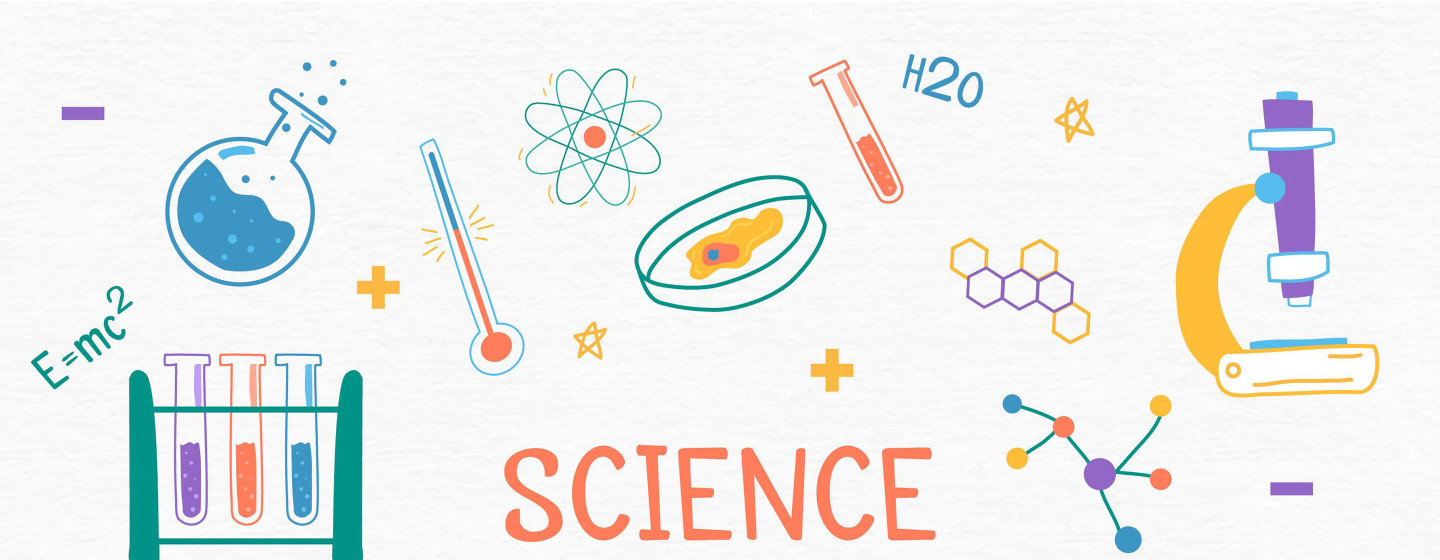
Science
A high-quality science education provides the foundations for understanding the world through the specific disciplines of biology, chemistry and physics. Science has changed our lives and is vital to the world’s future prosperity, and all students should be taught essential aspects of the knowledge, methods, processes and uses of science.
Through building up a body of key foundational knowledge and concepts, students should be encouraged to recognise the power of rational explanation and develop a sense of excitement and curiosity about natural phenomena. They should be encouraged to understand how science can be used to explain what is occurring, predict how things will behave, and analyse causes.
At CLPA lessons follow the 5Es Learning Cycle; a method of structuring a science lesson that is based on distinctive stages of learning which mirror the WAT teaching and learning cycle.
"Engage" - This is the introduction to the lesson that motivates or hooks the students interest in the learning to follow. It can be a demonstration, a discussion, a reading or other activity used to tap into prior knowledge about the lesson and engage student’s curiosity. It is used to uncover what students know and think about the concept or topic.
This is followed with an "Explore" activity that allows the students to have experiences with the concepts and ideas of the lesson. Students are encouraged to work together. They observe, question, and investigate the concepts to develop fundamental awareness of the nature of the materials and ideas.
The "Explain" stage encourages students to explain concepts and definitions in their own words. Students are asked to justify and clarify their ideas. Formal definitions, explanations and labels are provided. This is done through such activities as discussions, chalk talks, films, etc.
The "Extend" stage allows students to apply their new labels, definitions, explanations and skills in new, but similar situations. It often involves experimental inquiry, investigative projects, problem solving and decision making.
The "Evaluate" stage assesses both learning and teaching and can use a wide variety of informal and formal assessment strategies. Teachers frequently observe students as they apply new concepts and skills to assess students' knowledge and skills, looking for evidence that the students have changed their thinking or behaviours.
Even though the 5Es were just described in a linear order, there are times when it is appropriate to loop back into the cycle before going forward.

